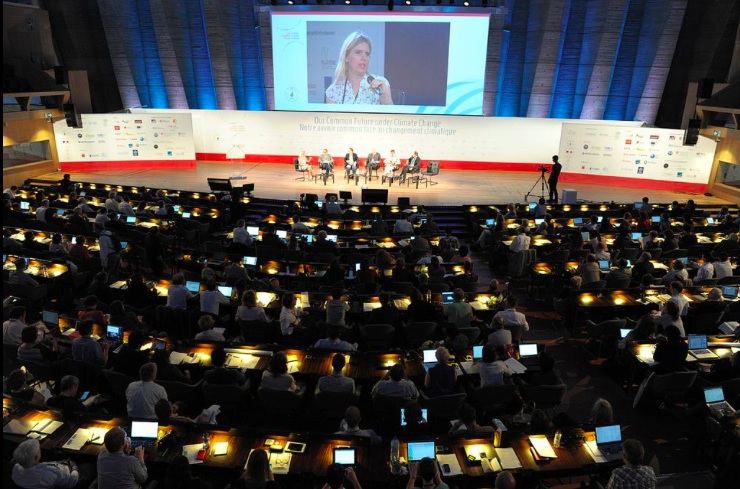
By Bamidele Oni
Change is definitely the only constant thing in life and that in a way is the actual definition of the future.
Sometime in the not too distant future, fossil based energy will finally give way under the pressure of the ever rising popular opinion on divestment and the many life threatening impacts on the stability of the planet and relatively, the wellbeing of humanity at large. While the most identifiable alternative which would represent a significant shift of event in our common history as humanity would be “Renewable Energy”.
The heavy dependence on fossil energy has indeed come of age and the current global clamour for the complete phase out does not actually seem out of place, considering the more obvious long term consequences which far out weight every form of immediate economic and social benefits made possible so far.
Indeed it has been quite a long walk for humanity in the journey of fossil fuel dependence and it is so disheartening to see the extent of man’s greed in stopping at nothing to making more gains out of the destructive activities of fossil fuel exploration.
It is such that self-interest takes precedence over the common good of the planet and the less advantaged population.
Considering the ambiguous costs of our predominant reliance on fossil energy which could further be well distinguished into some sub related cost factors such as: ecological disruption, global warming, social injustice, resource exploitation, and possible extinction, it is rather quite a justifiable reason to improve on the current tune of investment in alternative source of energy in time for the unveiling of the future.
Renewable energy is the absolute path to a zero carbon future; this is an absolute undisputed fact in the quest for the next big thing in the chapter of human history. This is obviously the solution to the absolute clean, green and energy efficient future we envisage and the best healing gift we could possibly give to our ailing planet.
There avails quite an array of options to select from in the pool of different renewable energy sources amongst are solar power, wind power, biomass, tidal power, and wave power, hydroelectric and geothermal energy.
The common beauty of these energy sources is the fact that they are not depleting any resource to create the much needed clean energy. However, the possibility and the viability of these energy sources may assume a level of variability with respect to availability and this has a lot to do with the relative abundance to support large scale utilization.
This however calls for a need for continuous research and development with respect to the regions and countries of the world such that effective assessment is carried out to determine the most viable, abundant and adaptable energy sources which would afford a large scale of energy production and this could even take the turn of combined sources for maximum output.
Renewable energy is gradually coming to stay globally although with some difference in levels of adoption comparing the situation of use in the developing countries and the developed world and the amount of investment in ensuring affordability and ready availability of components.
In the developed world, there has been a notable rise in the combination of alternative energy sources with obtainable conventional system of energy production while the strategy often employed in the developing countries lies predominantly in off-grid applications, mostly around rural areas and remote areas where energy is often crucial for development.
For the developing world, most efforts have been largely based on international supports in order to help with affordability and availability of major components.
However, the developing world stands the chance of a major shift in development with the adoption of renewable energy as such would help improve on massive rural development, income generation, job opportunities, improvement on health while promoting sustainability and environmental stability.
In all, stepping up the drive towards the global dominance of renewable energy is definitely in need now and that would entail more investments in the clean energy sector such that the necessary advancement in technologies that will drive this massive shift towards a more cleaner energy, reduced cost of production and rapid adoption is made possible.
The benefit of this new energy alternative far outweighs every possible gain from carbon laden energy sources.
Oni, Executive Director of Green Impact International, writes from Abeokuta, Nigeria











